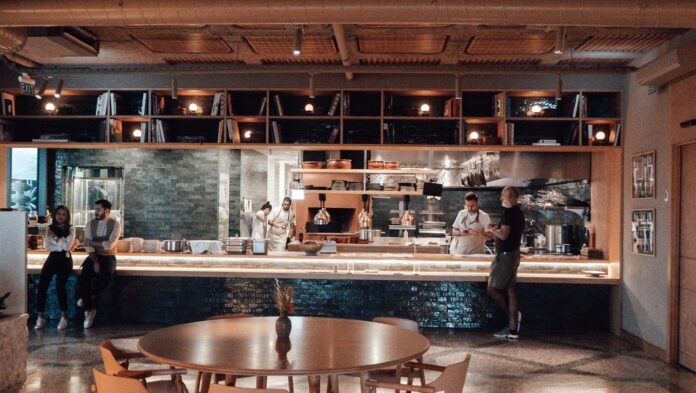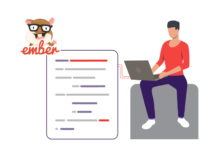Whether you’re a firmly established restaurant facing sizable staff turnover or a new restaurant building its staff from the ground up, you understand the importance of a good team.
The best teams aren’t simply a collection of talented individuals working independently; they are a synergistic squad, enabling and empowering one another to meet collective goals.
In a restaurant setting, that means selecting team players, ensuring consistent training and certification, and leading by example. If you can hire, motivate and train with an eye toward staff synergy, you will build a winning restaurant team.
Below, let’s unpack those criteria in greater detail.
Cast a Wide Recruitment Net, Eyeing Soft Skills over Background
Presented with two resumes – one stacked with experience and the other sparse – a restaurant manager will choose the former nine times out of ten. That’s understandable. But in a restaurant setting, passion and soft skills are arguably more valuable than background.
If you can find a passionate, team-oriented, hard-working person with effective communication and time-management skills, you can train them to be an excellent server. On the other hand, if you have an experienced server lacking those soft skills, your job is far more challenging. When building a restaurant team, cast a wide recruitment net, encompassing college/culinary school job fairs, traditional job search websites, social media and in-person open calls.
Emphasize Straightforward, Thorough Training
Ideally, staff training should meet three criteria: It should be consistent, thorough and straightforward. Consistency ensures that everyone receives the same training (essential for a unified, cooperative team). Thoroughness ensures that every staff member, regardless of experience level, receives the tools and resources they need to succeed. And straightforwardness involves removing excessive complexity from the equation for a more efficient onboarding.
Let’s take the example of Responsible Beverage Service (RBS) training and certification. To promote consistency, make California RBS training mandatory (which it already is like California). To encourage thoroughness, emphasize the importance of safe beverage service by relating it to staff safety, liability and customer experience. And to ensure straightforwardness, make staff training and compliance hassle-free by directing your staff to RBS courses like Userve’s, which are fast, effective and inexpensive.
Lead by Example as a Manager
You have selected the best staff and trained them adequately; now, your job as a manager pivot toward guidance, supervision and leadership.
The most effective way to get an entire team working toward the same goals is to lead by example. Remove “managerial exceptionalism” from your personal lexicon. If you want your staff to behave a certain way, complete tasks a certain way or refrain from backsliding into bad habits, mirror those expectations in your daily job.
For instance, if you want to discourage phone use (a typical gripe for the modern restaurant manager), put your phone away. Despite your insistence that your phone conversations are important, all your staff sees is that you regard yourself as an exception.
That’s it: just three elemental tips on the road toward a winning restaurant staff. Favor soft skills over background, emphasize training and certification, and lead by example as a manager. If you can follow these three tips, you can potentially increase productivity, decrease turnover, promote safety, and elevate your customer experience.































